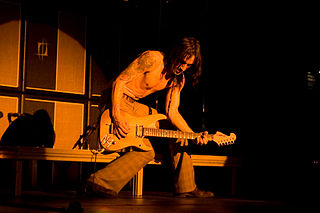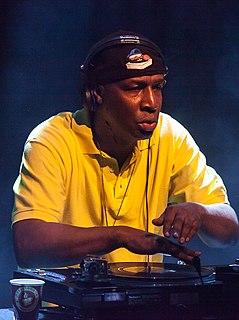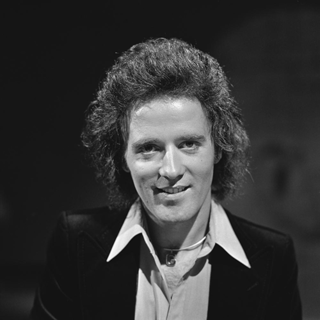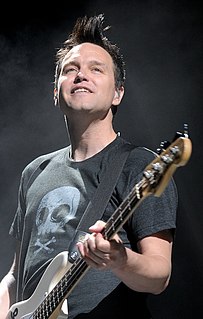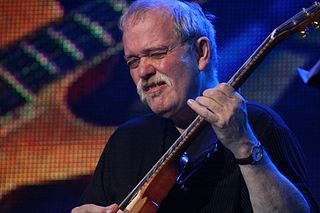A Quote by John Lennon
When we came along there was only Decca, Philips and EMI who could really produce a record for you. You had to go through the whole bureaucracy to get into the recording studio. You were in such a humble position, you didn't have more than 12 hours to make a whole album, which is what we did in the early days.
Related Quotes
I call it "being interrupted by success." We had done The Soft Bulletin, which came out in 1999, and we knew we that were gonna make another record before too long. But in between this, we were still in this mode of kind of just - not re-creating what we could be, but kind of doing different things. For the longest time in the Flaming Lips we were like, "Make a record, go on tour. Come back, make another record," and you know, I think, frankly, we were kind of like, "There's more to life than just recording records and going on tour."
I think record cover sleeves really led towards, but at the same time the album as we know it didn't come into being until mainly after the Second World War because record labels realized they'd be able to make a lot more money putting all the singles of an artist onto one album and selling the whole album as a kind of a concept.
Just about the entirety of the first album, 'Brown Sugar,' I wrote it, the majority of that record in my bedroom in Richmond. And all of the demos for it were done on a four-track in my bedroom. I think EMI was a little leery of me being in the studio producing it on my own, which is what I was fighting for.
I wish I could go out farther from my musical history. I didn't realize how hard it was until I tried to do it. All the basic tracks on Romanian Names were done in my basement, alone, without any of the self-consciousness that comes with being in the studio. It was a completely different process. And those two things definitely made the record sound different. But you want this quantum leap from record to record, and maybe if I did make a quantum leap I'd make an unlistenable album. So maybe I'm lucky that I can't pull it off.
We never really set out to talk about California on the album ['California'], it was something that we noticed that was happening about three-quarters of the way through the recording process. We were looking at which songs we thought would make the record and we realised that there was this theme coming through. I think it's just a product of being in California for as long as I have.
When I first came to New York I was a dancer, and a French record label offered me a recording contract and I had to go to Paris to do it. So I went there and that's how I really got into the music business. But I didn't like what I was doing when I got there, so I left, and I never did a record there.

